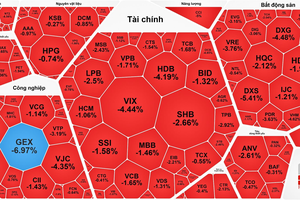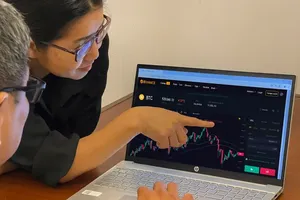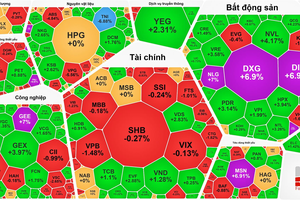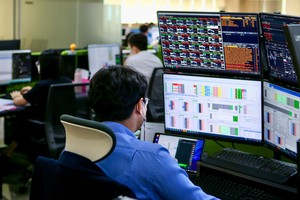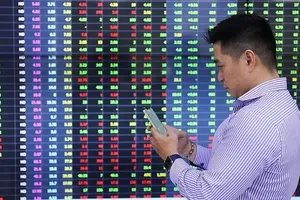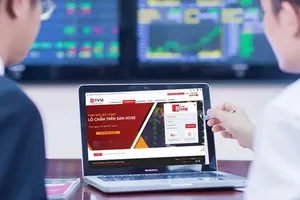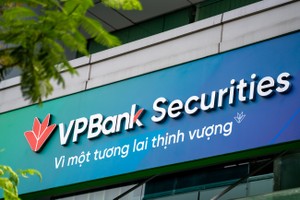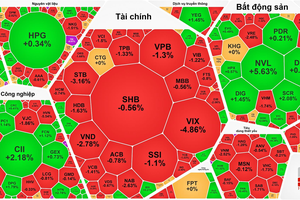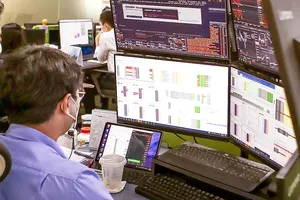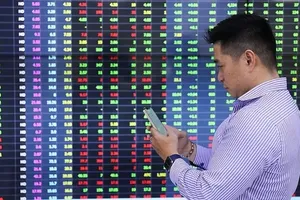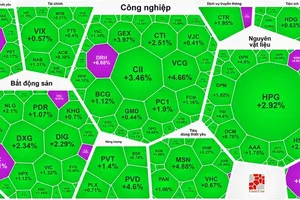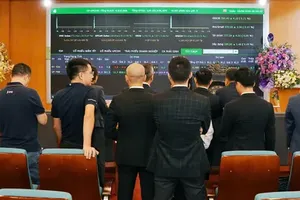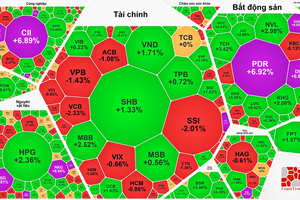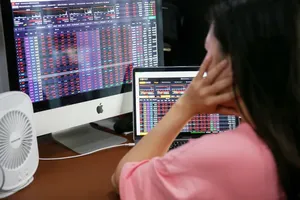The State Bank of Vietnam released a circular regulating on the requirements for obligated strategic partners of equitized banks, which are considered as too high for local investors, experts said.
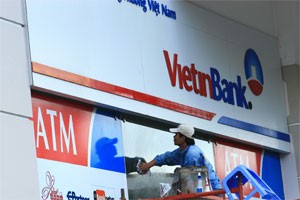
Under the circular, the total asset of foreign strategic partners of equitized banks must amount to US$20 billion at least one year before registering to buy stakes in the Vietnamese lenders.
They are also required to be experienced in banking sector for over five years and achieve positive ranks by prestige rating agencies including Moody’s, Standard & Poor’s and Fitch Rating.
Obligated foreign partners must not be shareholders of any credit institutions in Vietnam and have to enter agreements to support the Vietnamese banks, as well as keeping the partnership with them in long term.
Local obligated candidates must prove to be experienced businesses with highly efficient management capability. They are also required to have a total asset of VND3 trillion ($150 million) at least one year before registering to buy stakes in the equitized lenders.
Their return-on-equity ratio (ROE) and return-on-asset ratio (ROA) must be more than 15 percent and 1 percent respectively one year before registering to buy stakes in the equitized banks.
They are expected to earn positive net profit three years in a row before making the registration and incur no bad debts in any banks. Similar to foreign obligated partners, Vietnamese partners must also not be shareholders of any credit institutions in Vietnam.
They must ink a deal not to sell the stakes in the equitized banks in five years at least. Local obligated partners, which are credit institutions, are additionally required to have capital adequacy ratio of more than 10 percent five consecutive years before the registration and the bad debt rate of less than 2 percent.
Among the two state-owned banks set to be equitized, Vietnam Joint Stock Bank for Industry and Commerce or Vietinbank announced that it sold 10 percent stake to the International Finance Corporation, a member of the World Bank Group.
Local newspapers said the corporation would spend $190 million to acquire 10 percent of what used to be the second-largest state-owned financial institution in the country.
In return for the investment, the corporation will grant a long term loan to the bank which will improve access to finance for small and medium enterprises and support the equitization of the financial and banking sector in Vietnam.
The remainder – Vietcombank – also announced a plan on offering its stake to foreign strategic partners to raise the registered capital to VND7 trillion, which is expected to be carried out at the end of the year or early next year.
Dr. Le Xuan Nghia, vice chairman of the National Financial Supervisory Commission, said the requirements for overseas strategic partners were adequate as foreign investors found Vietnamese banks potential in the next 5-10 years in spite of the global financial turmoil.
However, Nghia warned that none local businesses would be obligated for the acquisition as those with a total asset of VND3 trillion at least definitely invested in one or two commercial banks already.
Equitized lenders would struggle to seek local strategic partners in the next one or two years, a director from a Ho Chi Minh City-based bank told Dau Tu Tai Chinh Newspaper.
